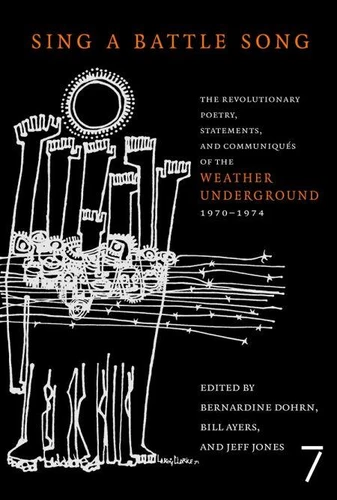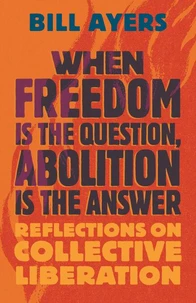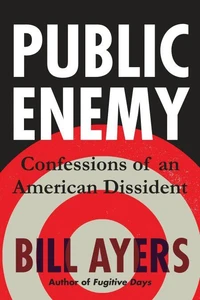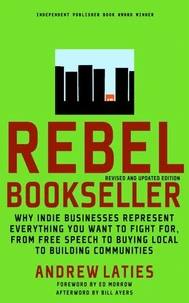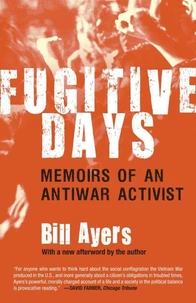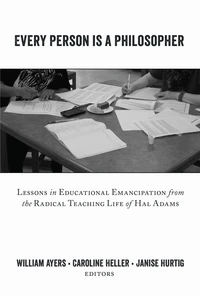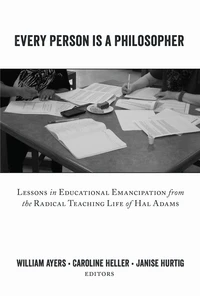Sing a Battle Song. The Revolutionary Poetry, Statements, and Communiques of the Weather Underground1970 - 1974
Par : , ,Formats :
Disponible dans votre compte client Decitre ou Furet du Nord dès validation de votre commande. Le format ePub protégé est :
- Compatible avec une lecture sur My Vivlio (smartphone, tablette, ordinateur)
- Compatible avec une lecture sur liseuses Vivlio
- Pour les liseuses autres que Vivlio, vous devez utiliser le logiciel Adobe Digital Edition. Non compatible avec la lecture sur les liseuses Kindle, Remarkable et Sony
- Non compatible avec un achat hors France métropolitaine
 , qui est-ce ?
, qui est-ce ?Notre partenaire de plateforme de lecture numérique où vous retrouverez l'ensemble de vos ebooks gratuitement
Pour en savoir plus sur nos ebooks, consultez notre aide en ligne ici
- Nombre de pages400
- FormatePub
- ISBN978-1-58322-965-1
- EAN9781583229651
- Date de parution04/01/2011
- Protection num.Adobe DRM
- Taille3 Mo
- Infos supplémentairesepub
- ÉditeurSeven Stories Press
Résumé
Outraged by the Vietnam War and racism in America, a group of young American radicals announced their intention to "bring the war home." The Weather Underground waged a low-level war against the U. S. government through much of the 1970s, bombing the Capitol building, breaking Timothy Leary out of prison, and evading one of the largest FBI manhunts in history. Sing a Battle Song brings together the three complete and unedited publications produced by the Weathermen during their most active period underground, 1970 to 1974: The Weather Eye: Communiqués from the Weather Underground; Prairie Fire: The Politics of Revolutionary Anti-Imperialism; and Sing a Battle Song: Poems by Women in the Weather Underground Organization.
Sing a Battle Song is introduced and annotated by three of the Weather Underground's original organizers-Bill Ayers, Bernardine Dohrn, and Jeff Jones-all of whom are all still actively engaged in social justice movement work. Idealistic, inspired, pissed-off, and often way-over-the-top, the writings of the Weather Underground epitomize the sexual, psychedelic, anti-war counterculture of the American 1960s and 1970s.
Sing a Battle Song is introduced and annotated by three of the Weather Underground's original organizers-Bill Ayers, Bernardine Dohrn, and Jeff Jones-all of whom are all still actively engaged in social justice movement work. Idealistic, inspired, pissed-off, and often way-over-the-top, the writings of the Weather Underground epitomize the sexual, psychedelic, anti-war counterculture of the American 1960s and 1970s.
Outraged by the Vietnam War and racism in America, a group of young American radicals announced their intention to "bring the war home." The Weather Underground waged a low-level war against the U. S. government through much of the 1970s, bombing the Capitol building, breaking Timothy Leary out of prison, and evading one of the largest FBI manhunts in history. Sing a Battle Song brings together the three complete and unedited publications produced by the Weathermen during their most active period underground, 1970 to 1974: The Weather Eye: Communiqués from the Weather Underground; Prairie Fire: The Politics of Revolutionary Anti-Imperialism; and Sing a Battle Song: Poems by Women in the Weather Underground Organization.
Sing a Battle Song is introduced and annotated by three of the Weather Underground's original organizers-Bill Ayers, Bernardine Dohrn, and Jeff Jones-all of whom are all still actively engaged in social justice movement work. Idealistic, inspired, pissed-off, and often way-over-the-top, the writings of the Weather Underground epitomize the sexual, psychedelic, anti-war counterculture of the American 1960s and 1970s.
Sing a Battle Song is introduced and annotated by three of the Weather Underground's original organizers-Bill Ayers, Bernardine Dohrn, and Jeff Jones-all of whom are all still actively engaged in social justice movement work. Idealistic, inspired, pissed-off, and often way-over-the-top, the writings of the Weather Underground epitomize the sexual, psychedelic, anti-war counterculture of the American 1960s and 1970s.

